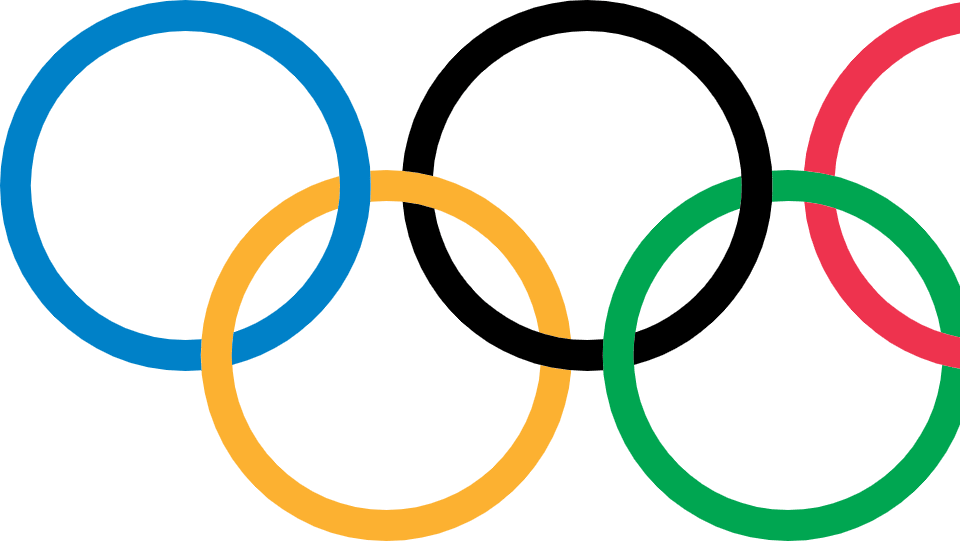Whistler used Vancouver 2010 “as a catalyst” for community goals
The Canadian resort of Whistler, which hosted several events during Vancouver 2010, used the Winter Games as a catalyst to achieve its long-term development goals in the local community, according to former Whistler Mayor Ken Melamed.

Melamed, who was Mayor of Whistler from 2005 to 2011, played a key role during preparations for the Games and says that the legacies that could be gained from the event were always at the forefront of organisers’ minds.
“We started with a clear sense of what the community wanted and we used the Games as a catalyst to take us there,” he explains. “It’s about doing your homework before the Games and having a long-term view. What is your vision and what is it you want to get out of the Games, beyond just hosting the events?”
Those community goals included creating a new social space in the centre of the village as a legacy of the Live Site that was built to host concerts and medal ceremonies during the Games.
“The celebration site that was built in Whistler was always intended to become a special place in the village, which in the past had been an unused site,” explains Melamed. “That’s now been converted into the Olympic Plaza, and it’s become a fantastic place, not just to celebrate 2010, but also to bring Whistler into the present with a new cultural hub that provides a family and play area.”
According to Melamed, the plaza has also provided economic benefits by hosting concerts during the summer and helping to attract other major events to the area, such as Ironman Triathlon Series.
Whistler also used the Games to provide low-cost housing to local residents by converting the Athletes Village, which housed approximately 2,400 athletes and officials during Vancouver 2010, into a new neighbourhood, called Cheakamus Crossing.
©IOC - Jason Evans
“It was intentionally designed so that it would provide about 85% local resident housing at below market prices,” explains Melamed. “It’s become a fantastic new neighbourhood for Whistler and a place where local residents can buy a property and actually call Whistler ‘home’.”
Melamed also praises the transport legacies of the Games, which include increased use of public transit systems and the new Sea-to-Sky highway, linking Whistler to Vancouver.
“Some people would say that has been the most important legacy and there’s no question it has made the trip easier and even more breath-taking – it’s a beautiful drive,” says Melamed. “The safety of the highway has also vastly improved, which has been a big plus, and it’s made the drive shorter.”
Four years on from hosting the Games, Melamed says that Whistler’s tourism is also now witnessing a post-Olympic boost.
“We’re now experiencing the lift from the global recognition that the Games brought Whistler,” he explains. “We anticipated that there might be a little bit of a delay, but visitor numbers are now up. People got to see Whistler – and the beautiful scenery and visuals that were beamed around the world – and it may have taken them a couple of years to put it on their travel plan, but now they’re starting to come in increased numbers.”
Despite the many visible benefits that Vancouver 2010 has brought to Whistler, Melamed believes that the most significant legacy is an intangible one.
“Before the Games, I didn’t really understand what the Games could bring or what they could mean to a town such as Whistler or even a country like Canada,” he says. “But the magic we felt in Whistler, and the national pride and the sense of achievement we drew from everything was one of the most important things to come out of the Games.
“You can talk about the bricks and mortar legacies, or the economic benefits, but for me this national pride that erupted as a result of the Games is something that you can’t really put a price on.”